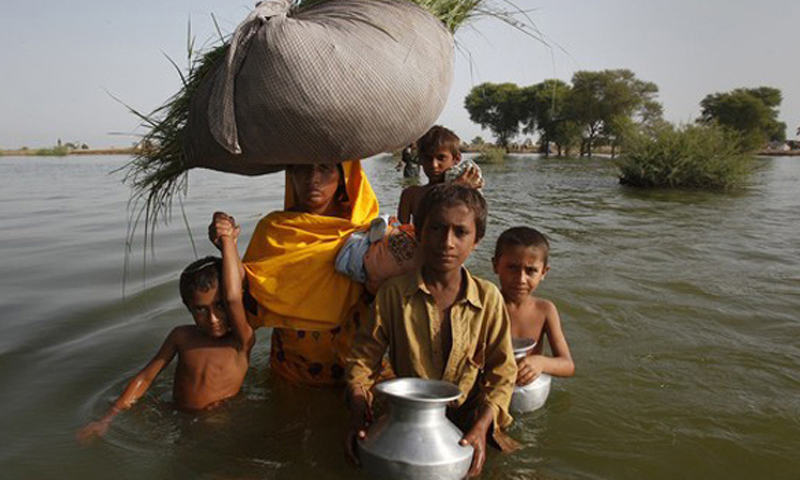ISLAMABAD: The ministry of climate change pushed for better cooperation and diplomacy to reach viable agreements on climate change between the rich and poor countries.
Minister for Climate Change Senator Mushahidullah Khan stressed that coping with the risks of climate change demanded a prominent role in foreign policy. He was speaking at a gathering attended by European diplomats to mark the second Climate Change Diplomacy Day (CCDD) here on Friday.
The CCDD is marked on June 17 across Europe to promote a common global understanding of the urgent need for global climate action to cope with the unfolding crisis caused by climate change.
The minister appreciated the delegation of the European Union and the ambassadors of Germany and France for taking the initiative to provide an opportunity to all stakeholders to discuss climate change, especially with reference to the upcoming global climate conference in Paris.
Just six months ahead of the summit on climate change held every year, the Europe Union launched a diplomatic push for the rich and poor countries to reach agreements on global warming. The initiative mobilises diplomats to put pressure on key countries in international climate negotiations, particularly those which are major polluters for the rising global temperature to an extent that it has altered the climate patterns.
Federal Minister Mushahidullah Khan says Pakistan’s vulnerability to adverse impacts of climate change is likely to worsen in coming decades
“I am sure such events would enable all of us to feel the sensitivity of this important issue of our era and understand that all of us have to tackle it together,” Mr Khan told the participants of the event.
The gathering learnt how China, United Nations, Russia, India, Japan, Germany, Canada, United Kingdom, South Korea and Iran had been ranked the top most polluting countries which emit the highest carbon dioxide from all forms of industry and fossil fuel consumption, according to the Energy Information Agency (Department of Energy) of the United States.
The minister said though climate change had long been discussed in the foreign policy perspective, it had been very rarely integrated into wider diplomatic efforts, mainly in developing countries.
“An emphasis on climate diplomacy can potentially be a significant channel for developing countries to influence international climate change negotiations.” He argued that in the developing countries there was a lack of knowledge and guidance and the capacity and training to be able to integrate national and international climate change priorities into the foreign policy.
Earlier, highlighting Pakistan’s vulnerability to climate change, the minister told the European diplomats that the country accounted for less than 0.8 per cent of the total global carbon emissions and was ranked at 135th in the world among countries with lowest emissions.
“Yet, Pakistan’s vulnerability to adverse impacts of climate change is likely to worsen in the coming decades with the average global temperature projected to increase. The threats are most likely to lead to major concerns for Pakistan in terms of its water, food and energy security,” he said.
“Both developed and developing countries have no choice but to join hands to fight common threat of climate change,” he emphasised.
The acting head of delegation of European Union, Stefano Gatto, ambassador of France, Martine Dorance, and ambassador of Germany Dr Cyrill Nunn, highlighted the overall goals of the event and the importance of the climate change diplomacy for bringing all the countries on one platform to evolve a consensus to fight the climate change.
Published in Dawn, June 20th, 2015
On a mobile phone? Get the Dawn Mobile App: Apple Store | Google Play
































